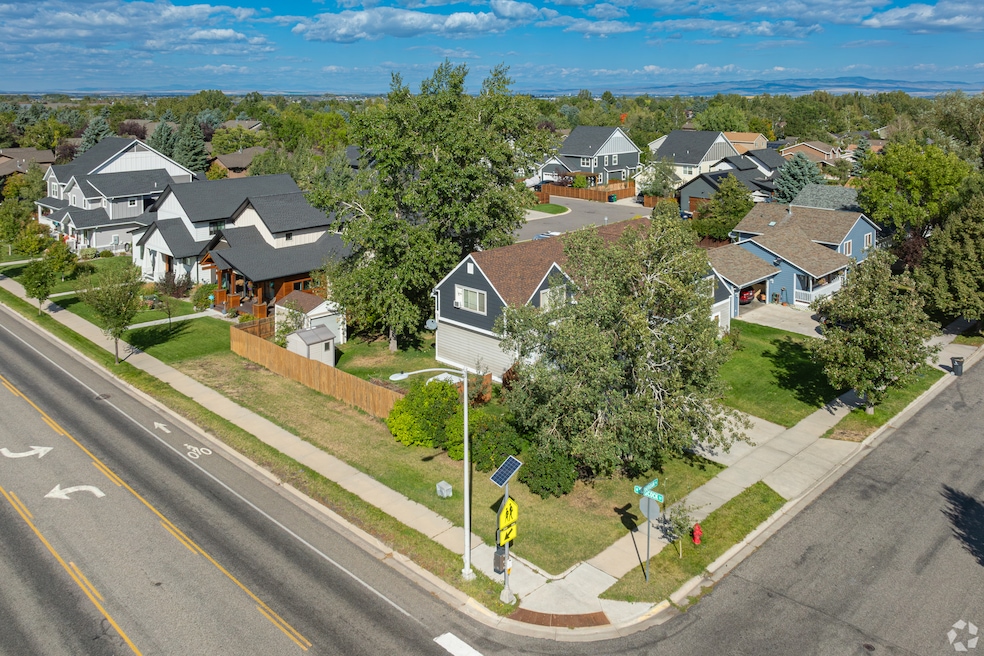The mortgage market is the latest part of the economy to face a beat down from tariffs but economists are hopeful that rates are starting to calm.
After a volatile week, the 30-year, fixed-rate mortgage jumped but remained under the 7% threshold, averaging 6.83% in the week ended Thursday, according to mortgage giant Freddie Mac, a buyer of loans from banks. That’s up from the previous week’s average of 6.62%, and it's the highest weekly average since February.
Similarly, the average 15-year, fixed-rate mortgage, popular among homeowners looking to refinance their loan, increased from the previous week to 6.03%.
Even so, Sam Khater, chief economist at Freddie Mac, pointed out that mortgage rate averages are still lower than this time last year.
“The 30-year fixed-rate mortgage ticked up but remains below the 7% threshold for the thirteenth consecutive week,” he said in a statement. “At this time last year, rates reached 7.1% while purchase application demand was 13% lower than it is today, a clear sign that this year’s spring homebuying season is off to a stronger start.”
Daily mortgage rates suffer after tariffs
There was more movement in daily measures of borrowing costs, known to be more susceptible to fluctuations in markets. As of the latest update on Wednesday afternoon, the 30-year, fixed-rate mortgage was at 6.86%, marking its third consecutive day of decline, according to Mortgage News Daily.
It’s a reversal from last week, when daily mortgage rates exceeded 7% and clocked their biggest weekly jump in more than three years. That increase was the result of serious changes in financial markets after the White House announced taxes on imports to the United States.
As that policy has evolved and investors have reacted, things have calmed, at least for now.
“Although it’s far too soon to declare victory against that volatility, we're now seeing the bond market (the thing that dictates interest rate movement) act a bit more like its normal self,” Matthew Graham, chief operating officer at Mortgage News Daily, wrote in a blog post Wednesday.
“In other words, today's data and events contributed to heavy stock losses, and bonds were willing to pick up enough of the slack for interest rates to move lower,” he said.
Borrowers react to uncertainty
The up-and-down in borrowing costs has been enough to drive some homebuyers out of the housing market — while others have instead opted for alternative types of loans.
Last week, overall mortgage applications declined 8%, a stark difference from the previous week when they soared 20%, according to data from the Mortgage Bankers Association, a trade group that collects and tracks data on the mortgage market.
“Economic uncertainty and the volatility in rates is likely to make at least some prospective buyers more hesitant to move forward with a purchase,” Mike Fratantoni, MBA’s senior vice president and chief economist, said in a statement Wednesday.
For some buyers, the recent changes in mortgage rates have prompted them to opt for a different kind of loan, an adjustable-rate mortgage. Those loans have a fixed rate for a set period, five years, for example, before they are adjusted annually. It’s a way for borrowers to secure a lower starting rate, but it can lead to price shocks with future adjustments.
“While overall activity was down, the ARM share rose to its highest level in 17 months,” said Bob Broeksmit, president and CEO of the Mortgage Bankers Association, “indicating that borrowers are seeking alternative options for navigating affordability concerns in home purchases.”

